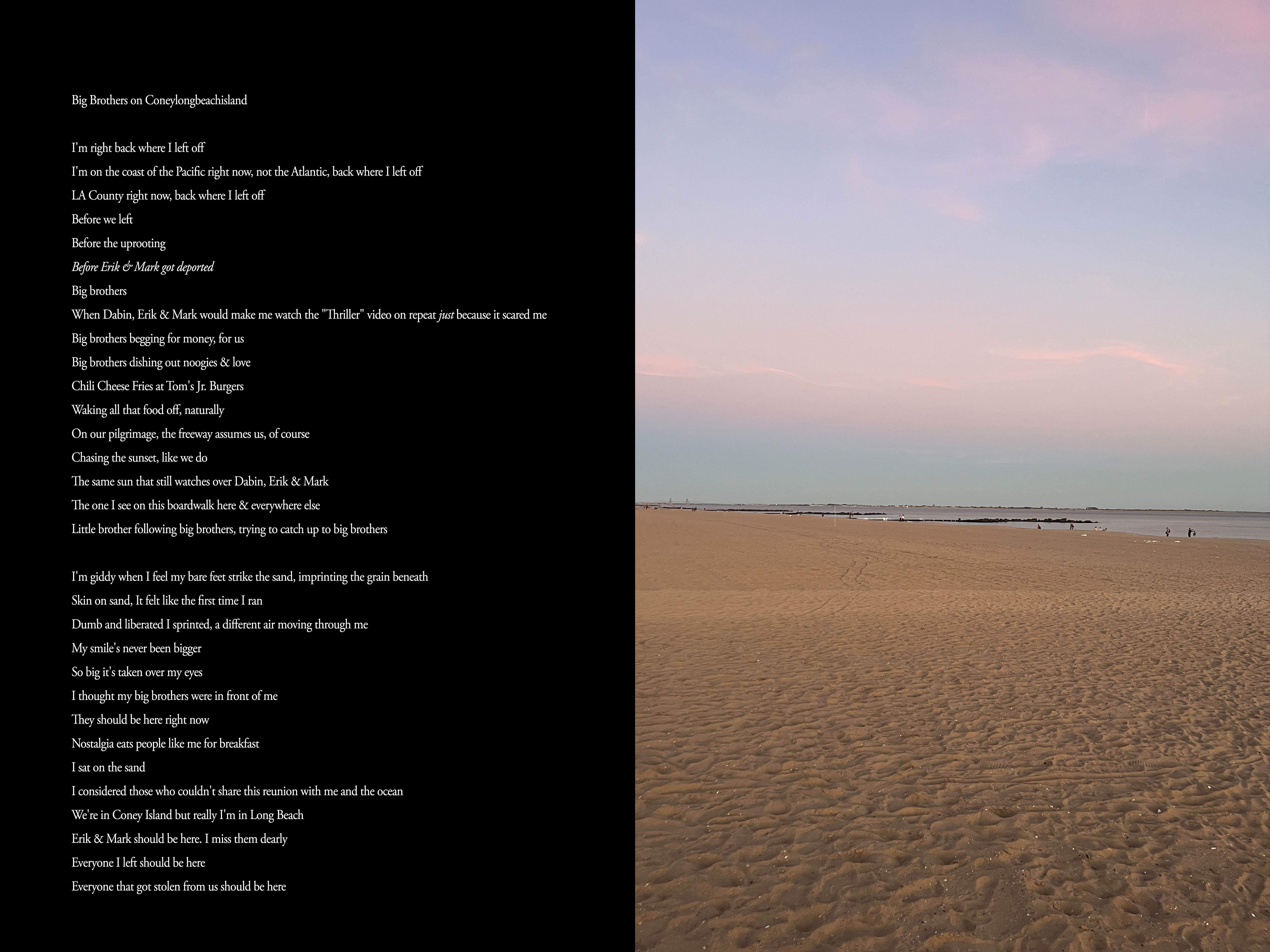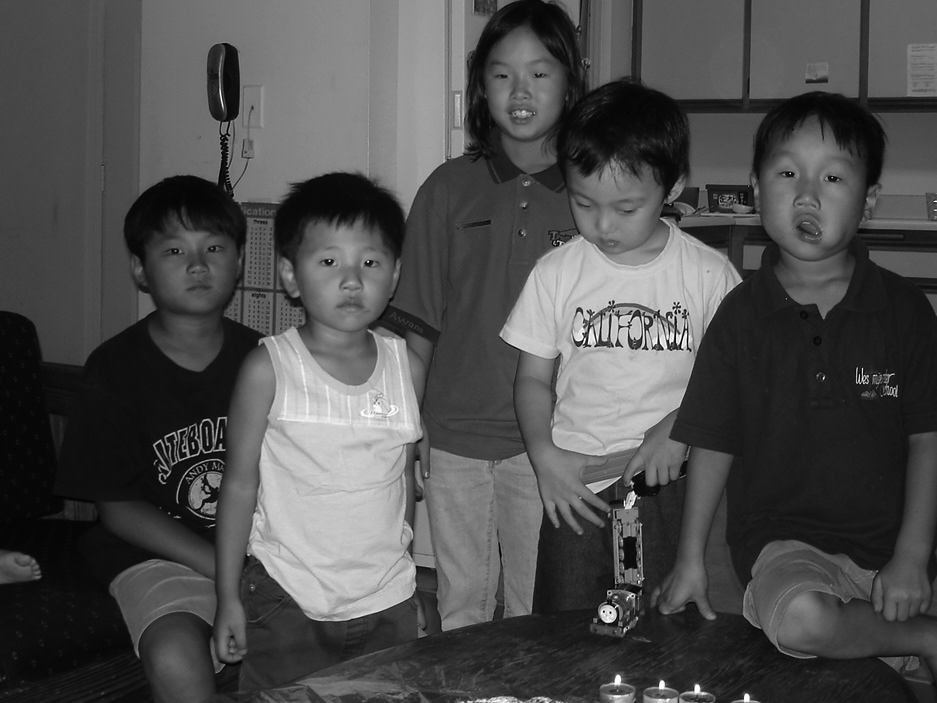09/09/25
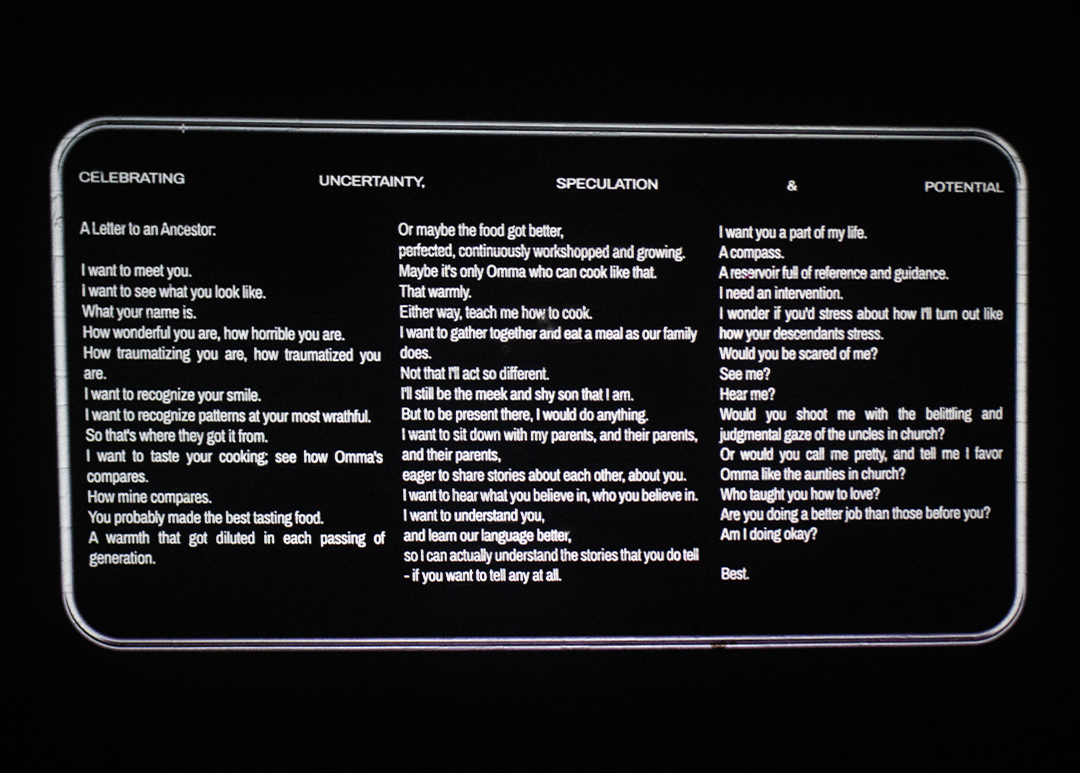
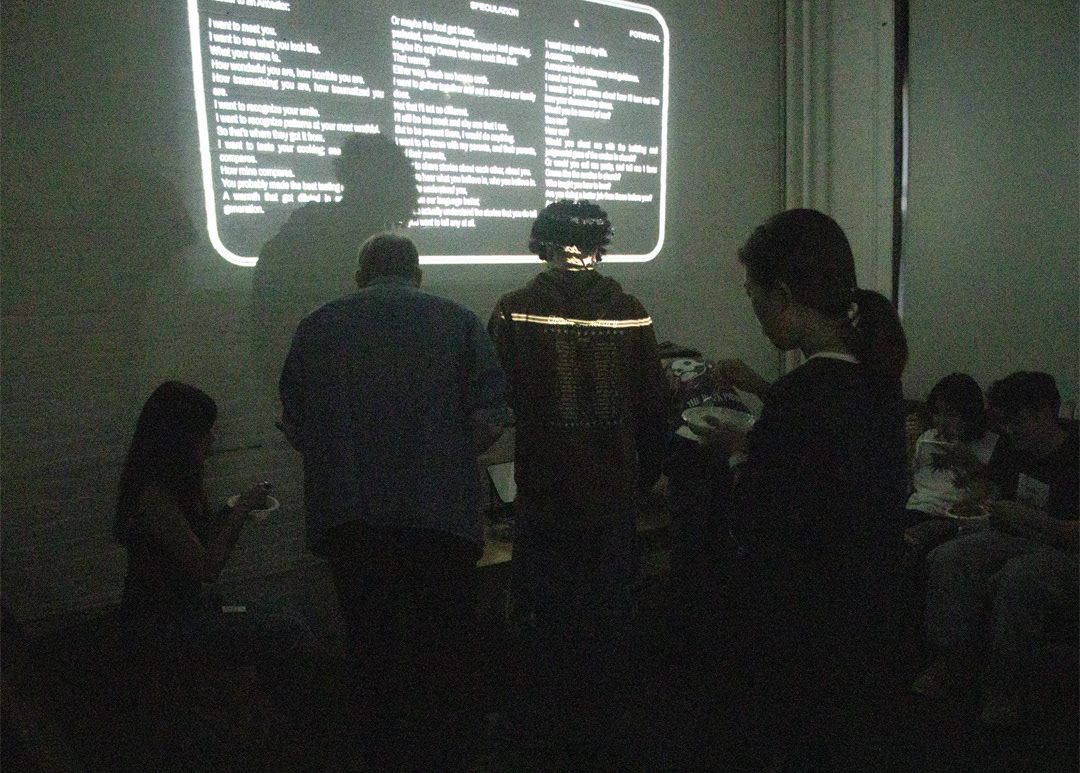

Reading Response to Hobbs, “Five Core Concepts and Key Questions.”
I thoroughly appreciated how accessible this text was. This being my first class about education, I haven't interacted with much text that puts the reader (me) in a position where tools/skills are emphasized not just for me as an individual, but for others -- whether that be in a classroom setting, or outside of the class. I thought the way the 5 points were broken down was digestible but also gave enough real-world examples: applicable scenarios, possible points of friction & relatable/likely experiences -- which guided me through when these skills would be best put into use.
I thought the last point, although brief, was a necessary and unexpected (but very welcome) entry into the many responsibilities we have as we interact with media messages. Although it has been primarily emphasized to me through external forms of education (interacting with others, engaging with other perspectives), the profit/power incentive of media messaging is such an important thing to emphasize, which informs so many other webs of problematics. So seeing this featured in a more instructional format made me very happy!
It is true that media messages will reflect the biases and the informing ideologies/belief systems of the makers of said media. However, we cannot limit our analysis to a direct belief = product framework. This assumes that the makers of media messaging are engaging with their own beliefs in good faith (regardless of ethics), and sometimes they do! But, there is another part of profit incentive which may influence people to produce media/images/messages that are harmful/counterintuitive to the beliefs that they may actually hold. Sometimes people can be bought out, they can grift, they can harm - knowing the tradeoff is profit/power.
09/16/25
KEEP THE NEIGHBORHOOD FUNDED. KEEP EDUCATION FUNDED. KEEP PBS FUNDED.
Authorship: An organization that is dedicated to upholding public services, specifically broadcasting
Audience: Those that are sympathetic/empathetic to the recent defunding of PBS under the Trump administration, those that may align with the general (albeit digestible) progressive politics of programming such as 'Sesame Street', those that have grown up with/are aware of shows on PBS.
Purpose: To lean into the sentimentality of people's experiences with Sesame Street that are positive, along with examples of Sesame Street being a program that has historically served Black and brown youth. Showcasing a legacy of representation, and positive messaging that evokes community, valuable lessons that people may have anecdotal relations to. The ads serve to call attention to the defunding, and provide a website, where they could learn more about how to combat the current situation (whether through fundraising or petition/organizing).
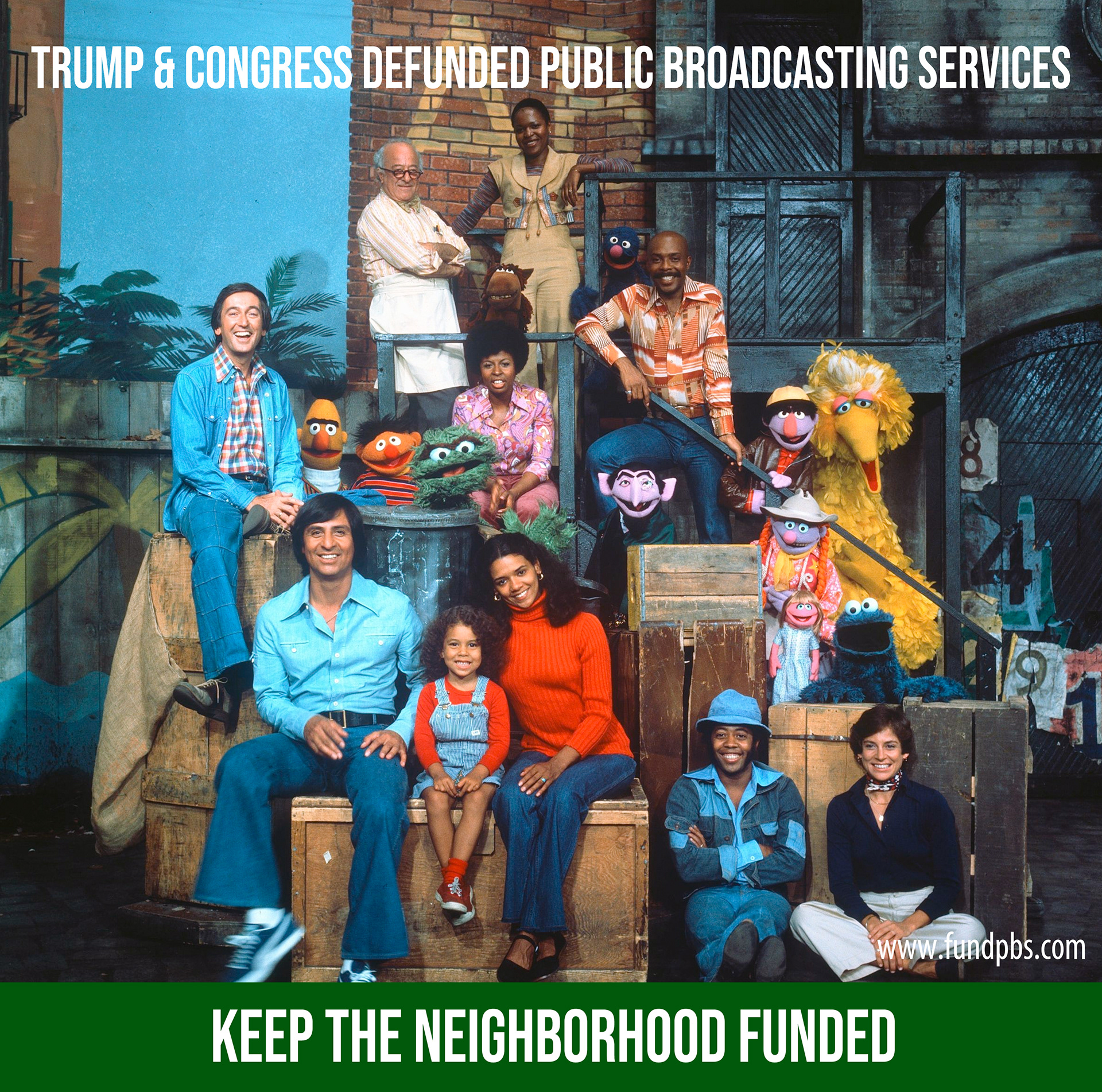
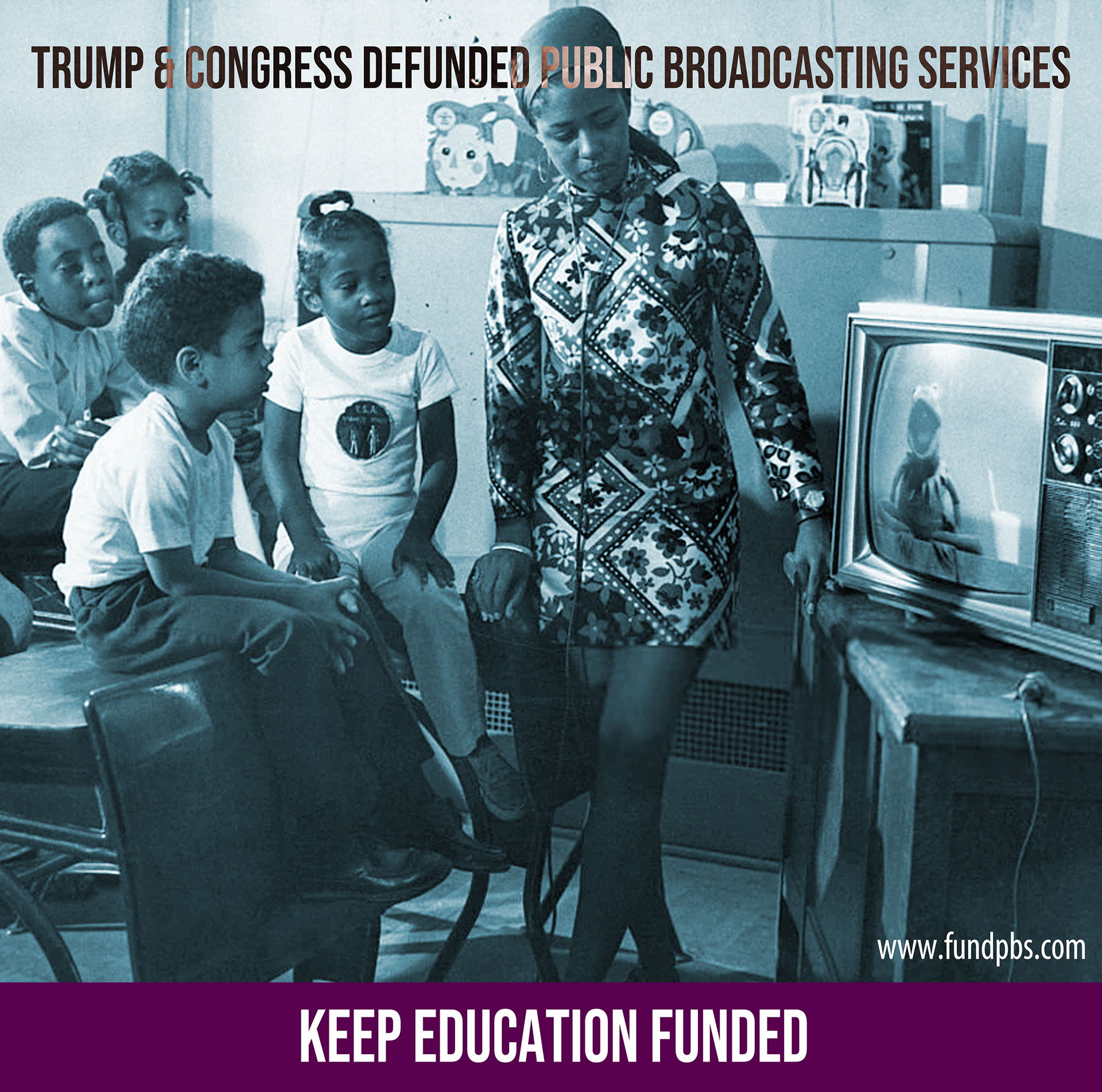
9/23/25
SICK DAY EEEk
9/30/25
10/07/25
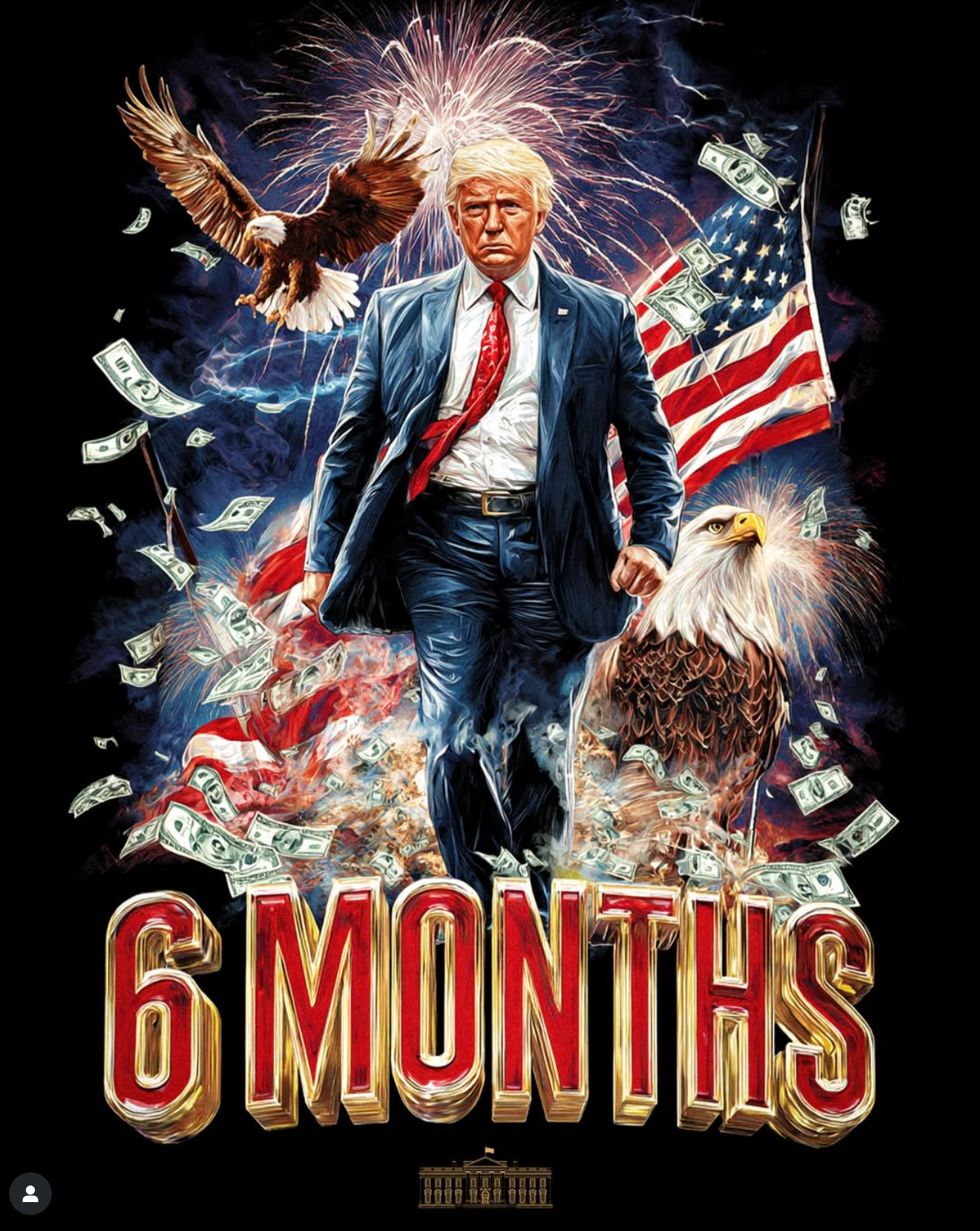

10/21/25
Deepfakes/AI
As the means of manipulating reality becomes increasingly democratized, easier, encouraged -- it's crucial to remain skeptical, always. Many things are at risk as Henry Farid points out (fake humiliating nudes, fake videos of doctors promoting 'cures', impersonators, etc.) AI has become increasingly normalized, especially within younger generations, through our exposure to AI art forms and information. When opening social media such as Instagram, it is essentially unavoidable in some sense. Whether it be for the insidious spreading of misinformation or the aesthetics of generative AI for entertainment, we have become far too comfortable with it.
"We are all vulnerable."
Strategies:
- Extracting visual noise, starlike patterns are signs of generative AI
- AI is statistical; it doesn't know the logic of geometry/physics - vanishing points
- Lights/shadows
Because it is true that we are vulnerable or "hostages" as Farid would say, we also have the duty and responsibility to maintain an ethic and effort in seeking truth -- we have agency. We cannot entrust social media as our primary source of information; we have to diversify our sources.
Take a breath before sharing information, don't risk further poluting the online information ecosystem.
11/11/25
Media Analysis
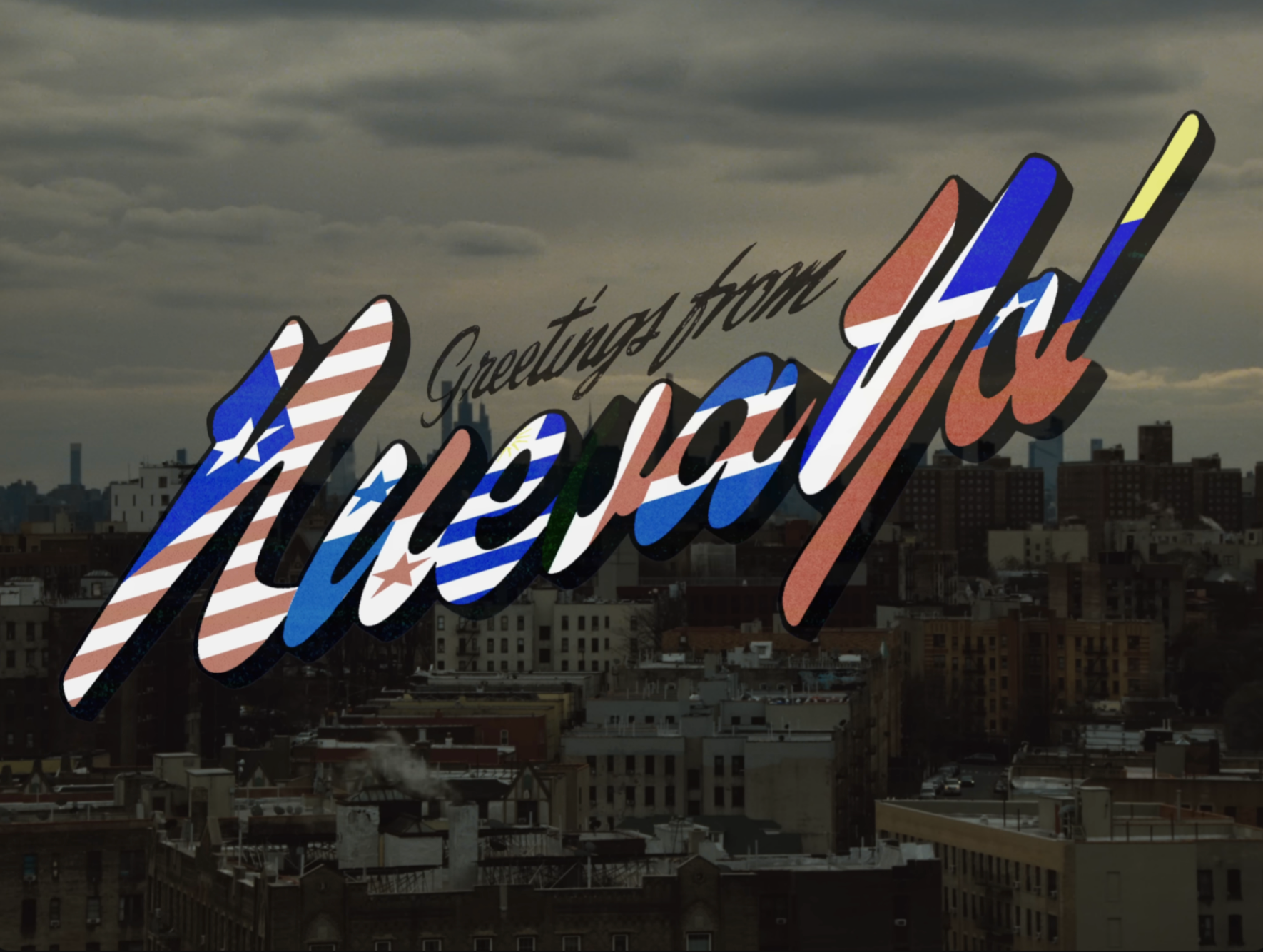
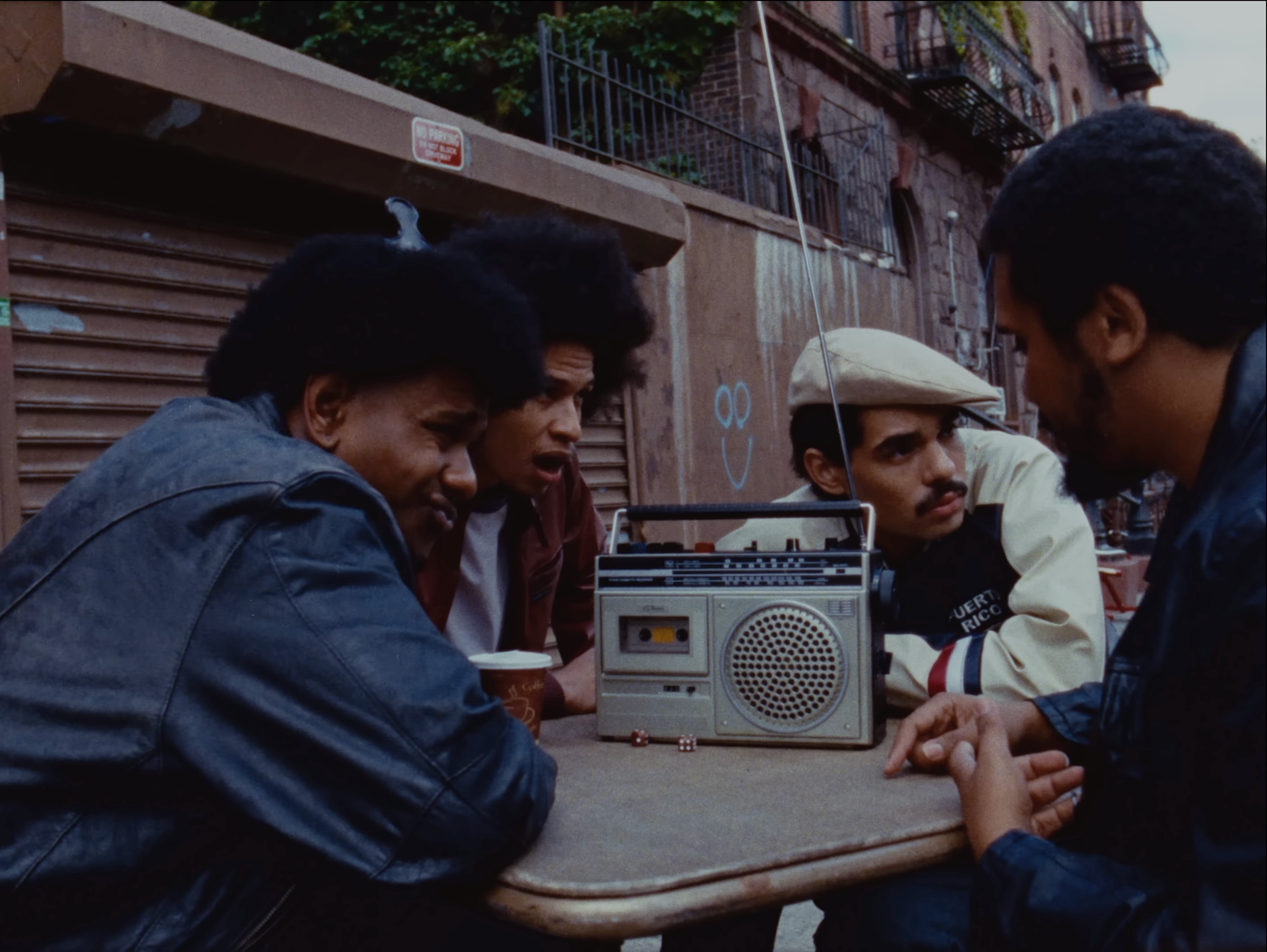


BAD BUNNY - NUEVAYoL
Who is represented? Who is absent?
Immigrants, the Puerto Rican diaspora, Nuyoricans, and Black and Brown people within Latin American communities are to be celebrated and revered (including, but not limited to, Mexicans, Dominicans, Puerto Ricans, Colombians, Venezuelans, Cubans, Panamanians, etc.). The glam and beauty of quinceañeras are fully present, as well as the fashion and recreation/homage to Nuyoricans of the 70s/80s – time blurs into the present day working class people who populate the city that the song serves as a love letter to. Outside of references specifically in critique of Trump, the presence of white-supremacist, xenophobic dominant imagery is absent – it’s not about them, the opposite in fact.
What stereotypes are present or challenged?
The dehumanizing stereotype of immigrants bringing violence, poverty, stealing resources from ‘citizens’, and threatening the white-supremacist ethnic makeup of the country is abandoned – the imagery we see is entirely combating such rhetoric. We see instead people who have built our neighborhoods, both literally and in identity. The pro-independence revolutionary light-blue Puerto Rican flag is raised across the head of the Statue of Liberty, both a subversion of Puerto Rico’s ongoing fight for self-determination and autonomy, as well as a reclamation of the city that has been home to so many so-called aliens.
How are race, gender, and class coded visually and through language?
The people presented are in community with one another. They gather in circles and are dancing, regional dances; in this way, communal joy is highlighted. In engaging with the specific communities and art forms that originate from these areas, the people presented are held with such reverence. The song, much like the video itself, is an amalgamation of Puerto Rican culture at large – much like how salsa, reggaeton, and dembow are presented, the multiplicity of identity is brought to the foreground. People are made visible, and everyone is seen as an active participating member of the community. Children, dancers, mothers, fathers, old men playing dominoes – joy is abundant in these images. These portrayals emphasize the essential role that immigrants have in the makeup of the city, the country, yet reject an image simply restricted to labor – here we see autonomy, agency, the capacity for celebration, life, and pride.
Whose gaze shapes the story?
The music video is directed by Renell Medrano, a Bronx-based Dominican photographer and director. She is known for her intimate and vulnerable image-making, having photographed artists such as Solange and Kendrick Lamar. One thing that exists across Medrano’s work is her ability to capture the tenderness of the mundane. Laundromats, living spaces, old floral couches, and monobloc chairs are the backdrops to the people she seeks to commemorate – there’s a regality in those she photographs. As a New York native, in her collaboration with Bad Bunny, she can provide the specific care for the subjects she captures in the video.
11/25/25
Talking to Kevin


